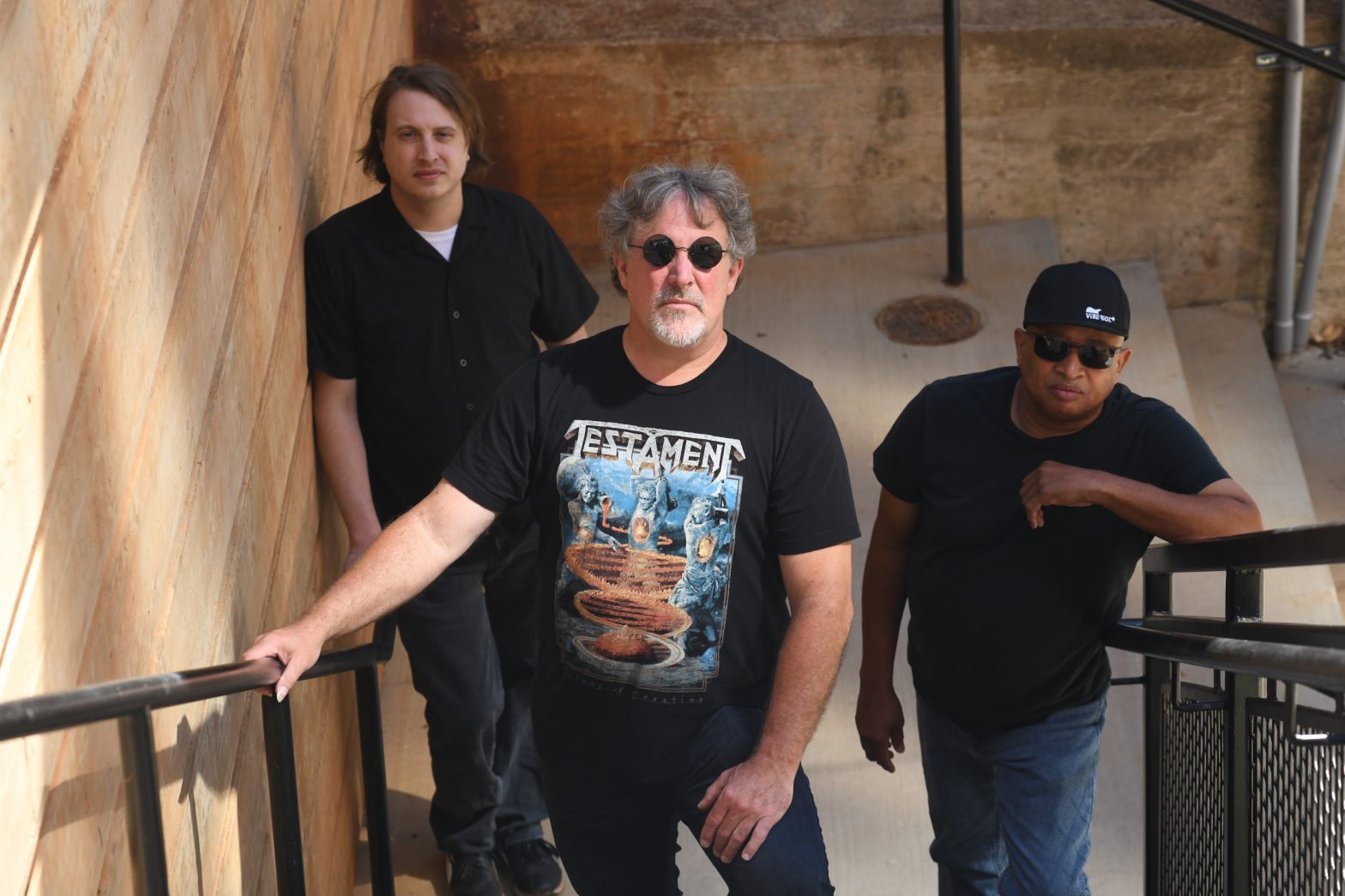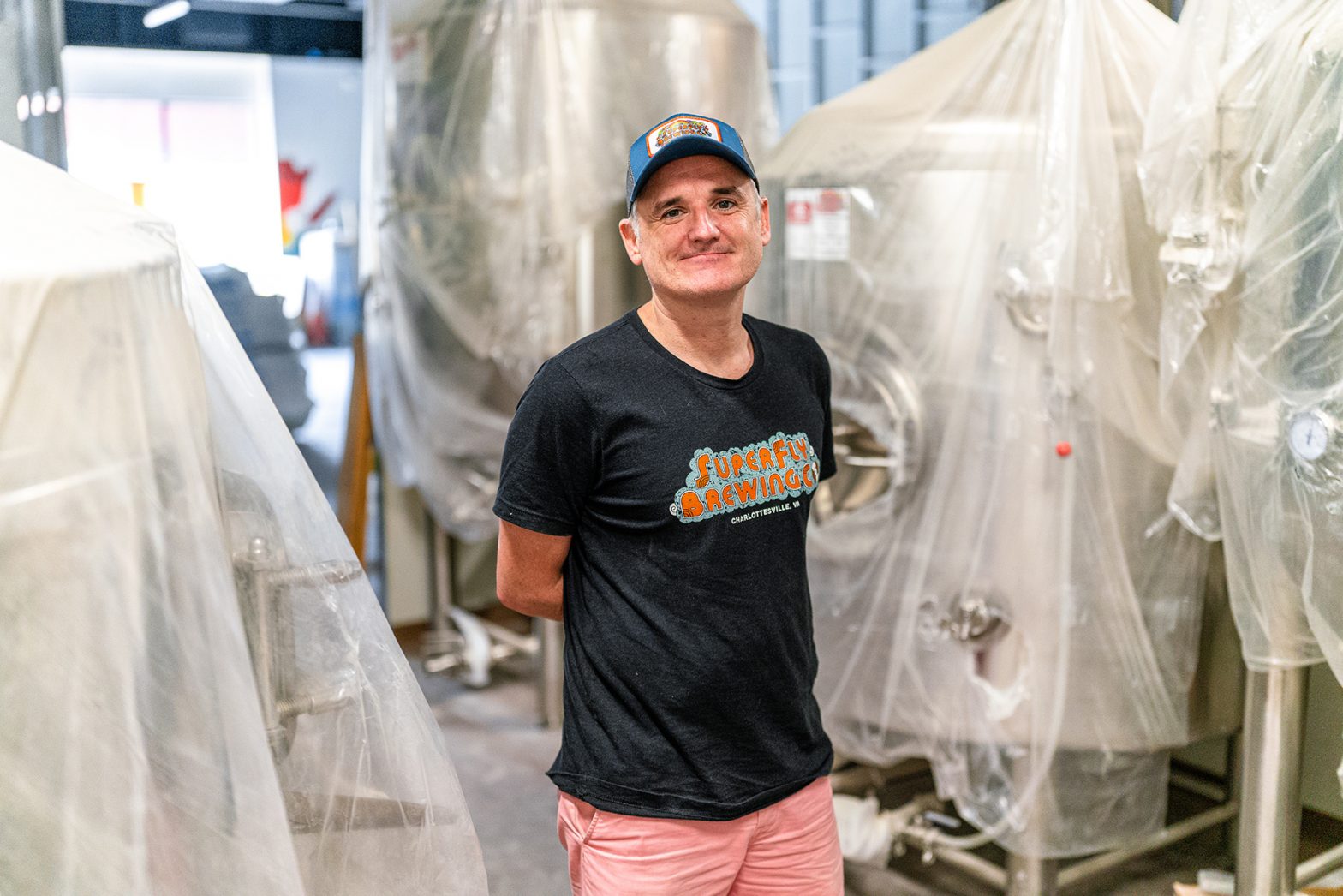Blues guitarist Kenny Wayne Shepherd made his first hit record when he was only 16 years old. Now, almost 30 years later, the child phenom is relishing the past while looking toward the future.
Shepherd completed an exhaustive tour promoting the 25th anniversary re-release of his breakout album Trouble Is… in May. He’s back on the road, drumming up support for his newest effort, Dirt on My Diamonds, an LP he’s releasing one track at a time for the next several months.
Ahead of his October 3 date at The Paramount Theater, Shepherd talked to C-VILLE Weekly about music’s past, his present, and the blues’ future.
C-VILLE: I don’t remember you playing Charlottesville recently. Have you been?
Kenny Wayne Shepherd: I’m sure we have. I feel like I’ve been everywhere. But with the way my brain works—I’m more of a visual person and am really bad with names.
You gained popularity at a really important time in this city’s musical history.
I was listening to all kinds of music when I was a kid. My dad was a disc jockey and program director for a radio station. If it was a hit, I was listening to it, and that definitely included Dave Matthews Band. Dave and I have crossed paths a few times over the years. I remember the first time, I spent like an entire day with him in the ’90s for one of Bill Clinton’s inaugurations. Before the main event that night, we spent the afternoon watching people like Stevie Wonder rehearse. I also spent some time with him doing Farm Aid and for a few other events over the years. He’s just a really nice guy—and obviously tremendously successful.
Out of all the music you were listening to as a DJ’s kid, what drew you to the blues?
It is just the kind of music that I connected with on the deepest level. And I would rather be happy playing my music than be unhappy playing music just to be more successful. People like Dave have both, but the blues chose me and I chose the blues. I never wanted to abandon the music I love, to try to pursue a genre that would net me more success. And I feel like I took a genre that wasn’t commercially out there and put it in a more commercial way. We had a lot of radio success and a lot of singles that charted very well.
What’s the current state of blues?
It hasn’t had all that much mainstream success because of the radio format today. Back then, I would put a single out and we would run it up the charts at rock radio. Now there’s no mainstream rock radio that supports this kind of music. I would release an album, and we would sell tens of thousands of them. I have multiple gold and platinum albums hanging on my wall because of it. But the way the business is set up now, album sales just aren’t there. I don’t know that that is in the cards ever again. Success is measured differently today.
What do you think about commercially successful post-blues bands like The White Stripes?
I think nowadays, more people talk about The Black Keys. But yeah, Jack White—both of those bands drew very, very heavily on blues. But they took it in a direction that connects with a younger fan base. You look at the older blues fans, they don’t think of any of those bands as blues. Some of those people don’t put me in the blues category either. But I think it’s great. At the end of the day, you have to have new people come along and take stuff like that and incorporate it into new music. If you don’t, eventually this connection is going to be severed between new listeners and that music. There aren’t going to be any dots to connect.
And what about your own music—how has it changed over the years?
I incorporate all kinds of things I grew up listening to. If you listen to my most recent albums—I have a new one coming out in November—you hear so many different genres sprinkled in there. Blues is the foundation, and we build on that. That’s how the evolution of music works, period. You take one thing, start experimenting with it, and create different things. As a guitarist, I think I’m actually faster now than when I was young. It just comes with practice, and there’s no better practice than being out on the road and being on stage in front of people. You play at a completely different intensity level.
I would imagine the intensity also changes as the years go by.
What I had then was a drive to prove myself. When you’re young and you get an opportunity, you have to take it. It was my moment to kind of establish to the industry that I am here for the long haul—why I deserve to be here. Every time you pick up that instrument, you want to show them why you belong. Now I‘ve been doing this so long, I’m just trying to make the best music I can make. There is a certain amount of maturity and satisfaction that comes along with that.
You wasted no time going from your Trouble Is Tour to the current tour. How’s that transition been?
There are some songs on Trouble Is… that we rarely played live, ever. We launched the tour not knowing how long it would last—maybe three months—but it ended up doing so well and selling out in almost every market. Now we are shifting gears, but we’re still doing some Trouble Is… . We generally don’t play a show without “Blue on Black.” But we’re also revisiting some of the songs on our first album and doing some of the more recent music. We want to remind the fans that we’ve been making music this entire time—30 years of music.









